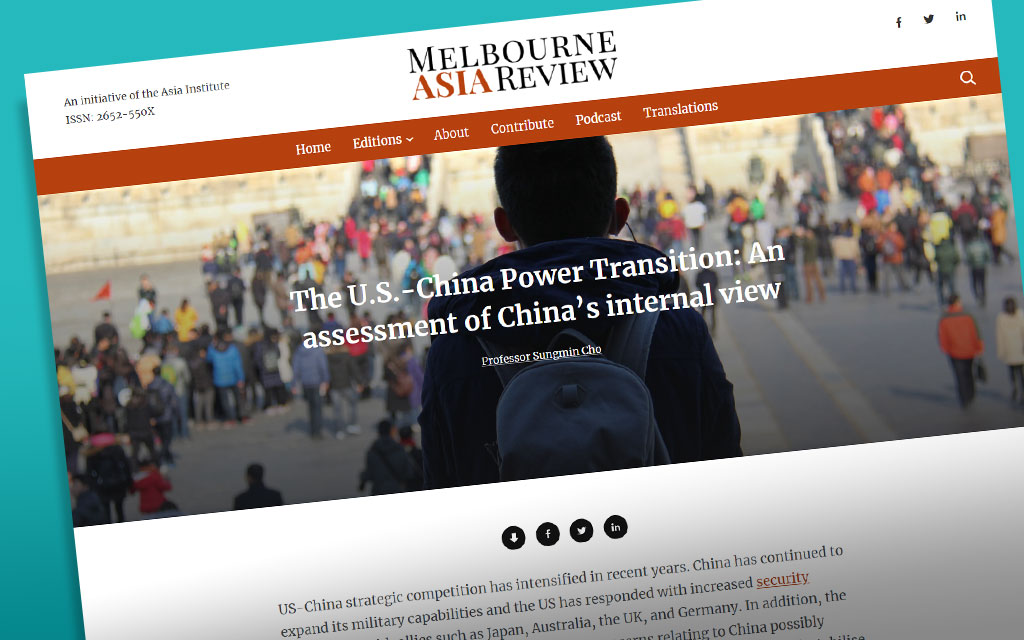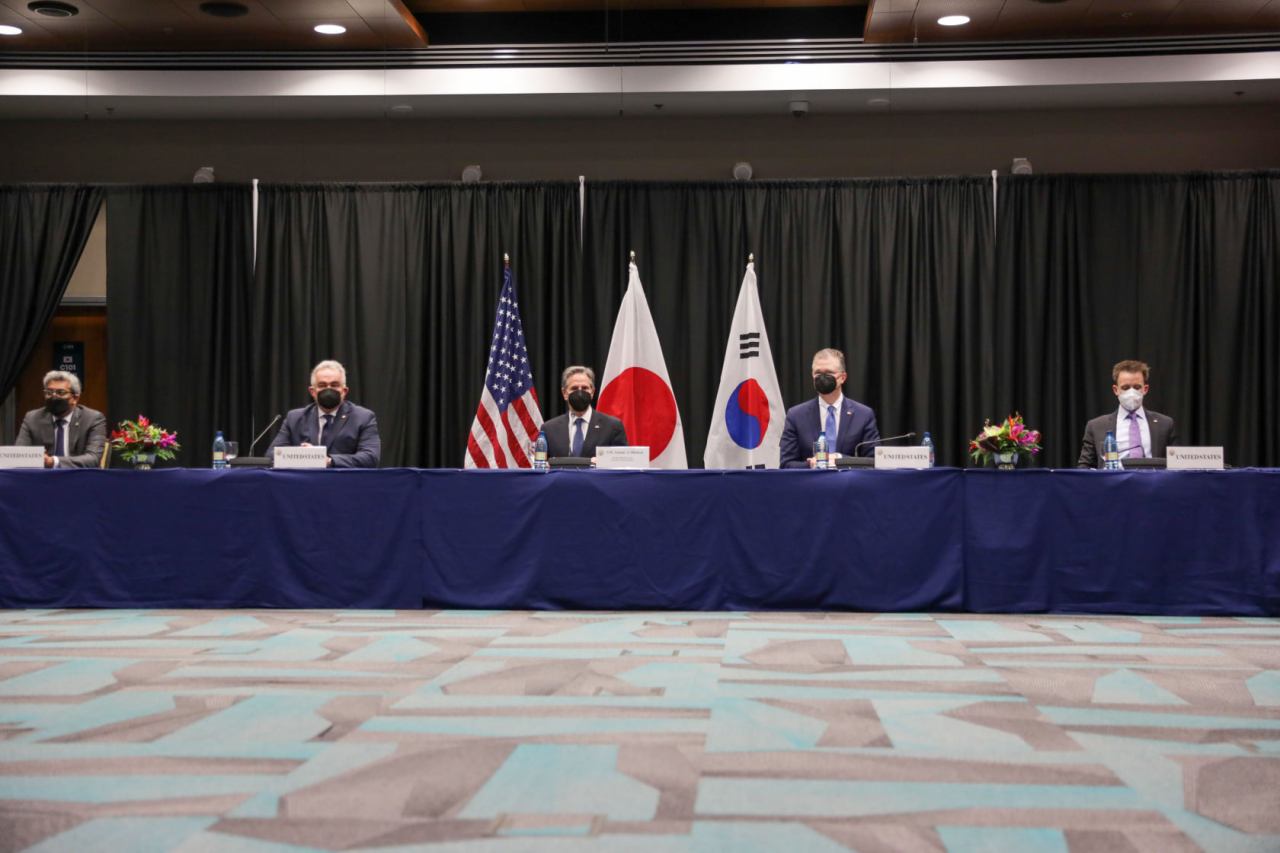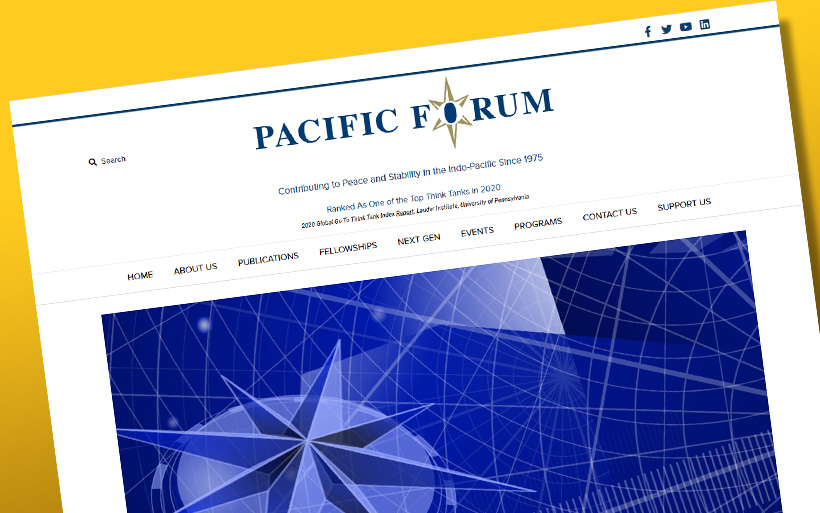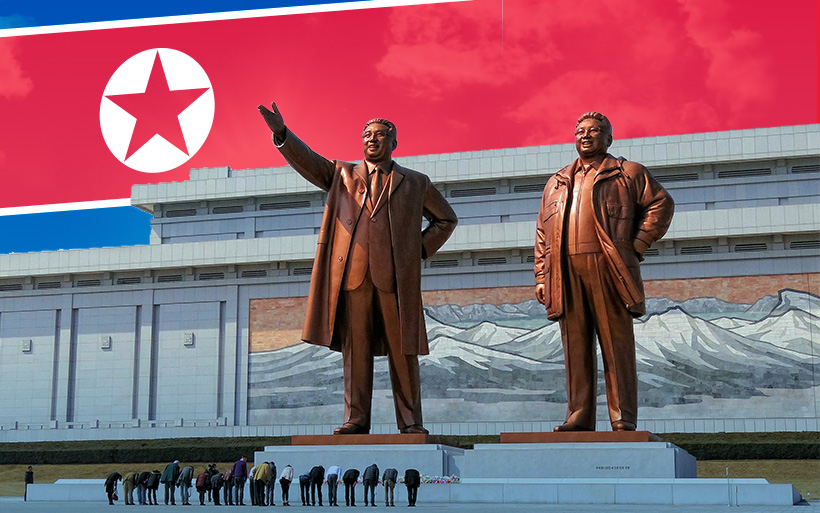The U.S.-China Power Transition: An assessment of China’s internal view
Dr.Sungmin Cho has a new paper titled “The U.S.-China Power Transition: An assessment of China’s internal view” published in the Melbourne Asia Review. According to Cho, “It is vital to understand how Chinese policymakers and analysts view the regional [...]
















